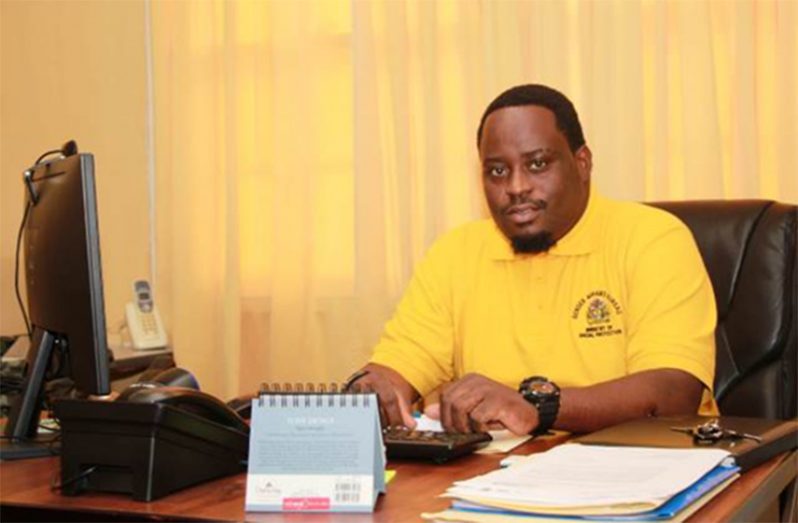JUST off the heels of Father’s Day celebrations, previous discourse surrounding the role of fathers in children’s lives have fed into the larger consideration of the critical role that men play in society as a whole.
The Pepperpot Magazine spoke with Adel Lily, Head of the Gender Affairs Bureau, which is attached to the Ministry of Human Services and Social Security. Lily provided insight regarding the work of the Ministry in training men and boys to impact their communities positively.
Lily explained that through the programmes, the Ministry, through its Gender Affairs Bureau, is ensuring that men’s issues are adequately addressed.
“Men are significantly affected when it comes to the issue of addressing their feelings. Men don’t talk; men bottle up. Men do experience domestic violence, but they don’t report it; so what we are doing is making sure that men have a voice, and that they talk. We do that by creating a safe space,” Lily told the Pepperpot Magazine.
As a result of this seeming inhibition, a safe-space environment is being created for men to talk and share issues that affect them, through the formation of a Regional Men’s Group which the Gender Affairs Bureau has established. This initiative also allows men to have the necessary tools.

Lily stated that a man‘s ego is one of the biggest aspects of any man, therefore, if the feelings of his ego are being bruised or battered, this becomes a major challenge.
“Emasculation is more or less the loss of masculinity and power; when that occurs, the tendency is to be withdrawn or get rebellious. The truth of the matter is a woman gaining more money than a man [for example] should not in any way affect a man’s masculinity,” Lily noted during his interview.
He also contended that for most men, the issue of masculinity is in their head. It should be noted, according to him, that we should never draw the conclusion that making money is what makes a man a man. According to Lily, what makes a man is integrity and responsibility; being there for his family.
Lily is of the view that there needs to be a redefining of the definition of a man, and that the perception that a man is defined or secured in the amount of money he makes should not stand.
“A lot of ideas about masculinity are formed at the street corners, in our homes, schools or place of work. I believe that we have to start the conversation again in our communities about what makes you a man. We have to teach men about manhood,” he told the Pepperpot Magazine, and is of the strong view that there is great need for more mentorship and role models.
On the question of displaying manhood to a society of boys who, themselves, may have come from a position where they have not been brought up in a nurturing environment, Lily stated that this has posed a great challenge to those men. However, he believes that to rise above the challenge, there is a need for more men to seek information regarding dealing with the issue of how to be a mentor/role model.
And this is where the ‘Regional Men’s Group’ comes on by playing a critical role in retooling men who are willing to learn, and to properly guide boys as to what being a man is, and displaying a real good example of what manhood really is to our young boys, who will, later on, grow up to be men.
“Some of the programmes of the Regional Men’s Group is to provide training on anger management among men in their respective communities, how to properly resolve conflict, and to resolve their anger. The truth of the matter is that men are significantly the perpetrators of violence, because they don’t know how to model exemplary and responsible behaviour in society as a men to our boys and other males in society,” Lily said.
One of the fathers previously featured in this publication for Father’s Day, Dellon Kurtlan Johnson, was careful to note that the issue of responsibility is key when it comes to manhood.
“There are lots of men who do not want to stand up to their responsibility, and, to my mind, that is wrong,” Johnson had previously explained during his interview. Having grown up in a home without his father, Johnson had stated that that absence had instead served as motivation for him to be a good role model for his children so as to protect them from his own experience.




.png)









